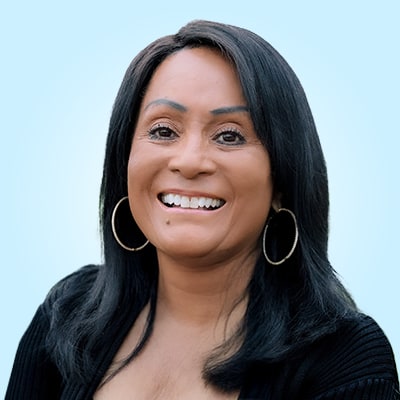As a non-IP attorney, have you ever had a client come to you with questions relating to copyright? And, did you find yourself wondering who to call or where to get practical answers to those questions? Well look no further, join Attorney Francine Ward for an easy-to-digest presentation on how you can talk to your clients. She shares answers to some of those pressing questions, practical strategies for addressing them, and resources to help you get more answers. Know this, it’s important as a non-IP lawyer to understand the basics of copyright law. Like it or not, there are copyright implications to almost everything you will do as a lawyer, especially if you are a transactional attorney.
- Introductory Overview
- Why Copyright Law matters or should
- An overview of this webinar
- Copyright Basics
- What is a copyright
- What does it protect/not protect
- Who owns a copyright
- How long does a copyright last
- How Is Copyright Protected?
- Registration
- Fourth Estate v. Wall-Street.com (2019)
- Fair Use
- Four Factors
- Campbell v. Acuff-Rose (1994)
- Authors Guild v. Google (2015)
- Andy Warhol Foundation v. Goldsmith (2023)
- Warner Bros. Entertainment Inc. v. RDR Books (2008)
- Areas for Concern
- Social Media
- AI-generated content
- Estate planning
- Proof of registration in important documents
- Hypotheticals
- Questions & Answers (as time permits)
This webinar is divided into section summaries, which you can scan for key points and then dive into the sections that interest you the most.
Please note this AI-generated summary provides a general overview of the webinar but may not capture all details, nuances, or the exact words of the speaker. For complete accuracy, please refer to the original webinar recording.

Law Office Of Francine D. Ward
A 1989 Georgetown University Law Center graduate, Francine D. Ward has been practicing law since January 14, 1991. She is an intellectual property and estate planning attorney admitted to practice in California, New York, and the District of Columbia. In addition, Ward is a respected professional known for helping clients resolve problems and keeping their goals top of mind. Read More ›
*CLE credit is only available to Justia Connect Pros. Not a Pro? Upgrade today>>
Status: Approved
Credits: 1.00 General
Earn Credit Until: June 30, 2026
Status: Approved
Credits: 1.20 General
Earn Credit Until: October 29, 2026
Status: Approved
Credits: 1.00 General
Earn Credit Until: February 28, 2026
Status: Approved
Credits: 1.00 General
Difficulty: All Levels
Earn Credit Until: December 31, 2025
Status: Approved
Credits: 1.00 General
Earn Credit Until: September 30, 2026
This presentation is approved for one hour of General CLE credit in California, North Carolina, and South Carolina (all levels). This program has been approved by the Board on Continuing Legal Education of the Supreme Court of New Jersey for 1.20 hours of total CLE credit. This course has been approved for Minimum Continuing Legal Education credit by the State Bar of Texas Committee on MCLE in the amount of 1.00 credit hours.
Justia only reports attendance in jurisdictions in which a particular Justia CLE Webinar is officially accredited. Lawyers may need to self-submit their certificates for CLE credit in jurisdictions not listed above.
Note that CLE credit, including partial credit, cannot be earned outside of the relevant accreditation period. To earn credit for a course, a lawyer must watch the entire course within the relevant accreditation period. Lawyers who have viewed a presentation multiple times may not be able to claim credit in their jurisdiction more than once. Justia reserves the right, at its discretion, to grant an attendee partial or no credit, in accordance with viewing duration and other methods of verifying course completion.
At this time, Justia only offers CLE courses officially accredited in certain states. Lawyers may generate a generic attendance certificate to self-submit credit in their own jurisdiction, but Justia does not guarantee that lawyers will receive their desired CLE credit through the self-submission or reciprocity process.




